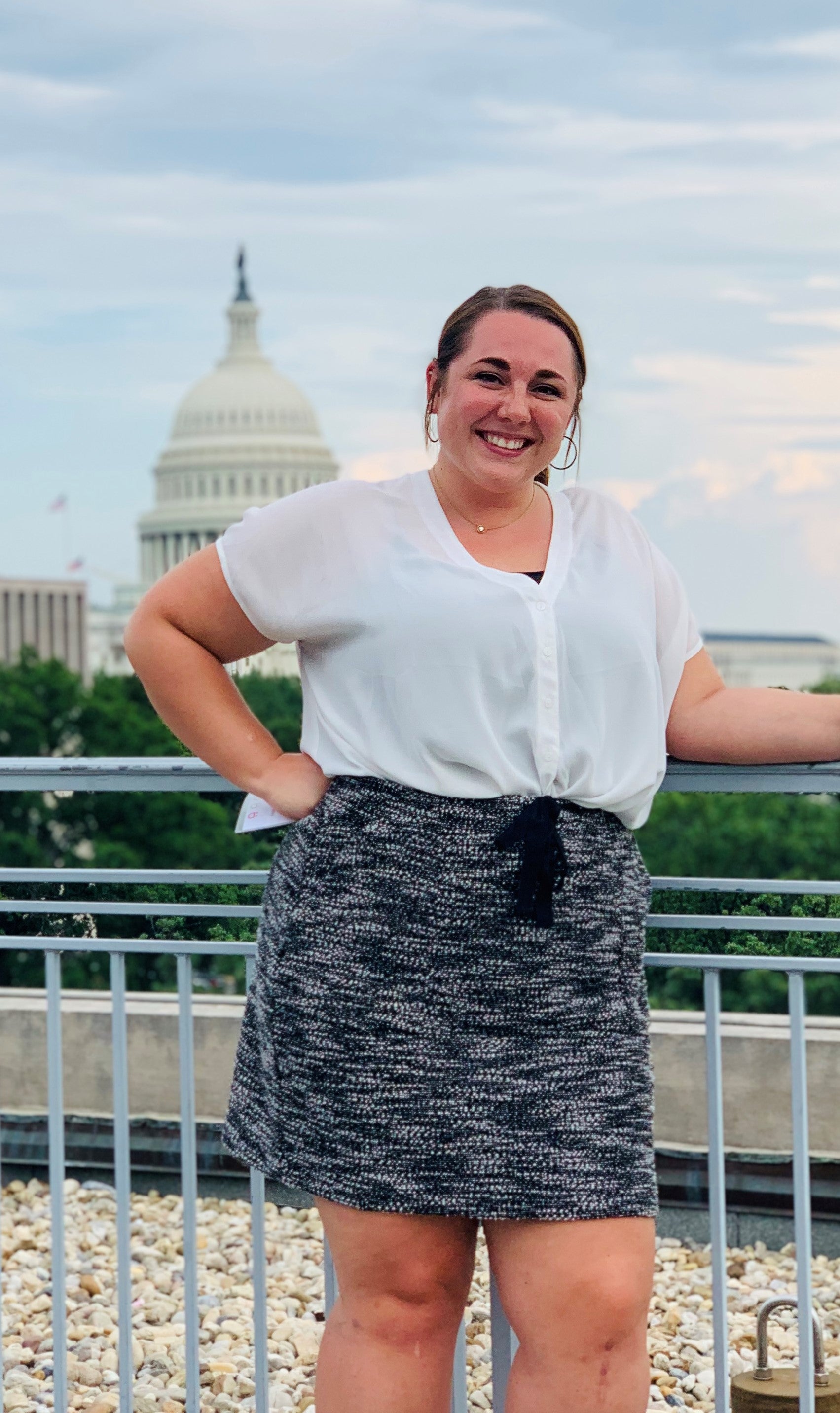
Boise State University student Josie Bryan grew up believing she would become a nurse. However, her undergraduate studies in exercise science and health led her to working in nursing homes and eventually in children’s health programming.
During that time, Bryan worked in labor and delivery units where she helped many patients with mental health disorders and drug addiction.
“It was a lot of hard stuff to process, but I just knew I needed to go into public health to be proactive and make sure these things don’t continue happening,” Bryan said.
That’s when Bryan decided it was time to embark on a new degree. Now in her third and final year in the Master of Public Health (MPH) program with Boise State University’s Department of Public Health and Population Science (PHPS), Bryan is fulfilling her passion of working in research and prevention.
“I have learned and grown so much with this program – it has really helped shape where I want to go moving forward and the work that I do,” Bryan said.
Part of the first MPH cohort, Bryan is expected to graduate with her master’s degree in May 2022. She also works for St. Luke’s Children’s Hospital as a program coordinator in pediatric injury prevention.
Working closely with adolescent health is what led Bryan to pursue a thesis in the theory of mattering in adolescents for her masters program.
The theory of mattering, Bryan said, is the feeling that we are connected with and feel important to others. Her main research questions if the theory of mattering holds true in adolescent age groups from 10 to 25 years old.
“My research looks at what influences an adolescent to feel that they are one with the world, that they matter to others and that they feel a sense of importance,” Bryan said. “And if they feel that they matter, does that influence their ability to overcome depression? If they feel that they don’t matter, does that increase suicide ideation?”
This sense of belonging, Bryan said, is especially important for adolescent development and mental health. Bryan’s research shows that 45 percent of an adolescent’s perception of mattering is influenced by peer, school, and family factors. Higher perceptions of mattering have the influence to decrease depression and suicide ideation rates.
Bryan will present her research at the biennial meeting of the Society for Research on Adolescence this March in New Orleans, Louisiana. Bryan was chosen to speak at the conference where more than 1,000 research studies were originally submitted.
“The opportunity to share and provide the work that I’ve done and put a lot of time into is really amazing,” Bryan said.
Bryan credits her love for research partly to the guidance she’s had from faculty members.
PHPS Associate Professor Megan Smith has mentored Bryan throughout her thesis work. Smith said Bryan is not just a leader among her cohort but a leader in research.
“She has an adept skill at synthesizing across research and practice to apply the knowledge and skills she is gaining immediately into the real work she does every day to help youth in our state,” Smith said.
Bryan’s work, Smith said, has become increasingly important and timely during her tenure with the MPH program. Given the strain the pandemic has placed on adolescents in Bryan’s researched age group, mental health has been a fundamental area of concern in her work.
“These kids are our future — we should be doing everything we can to help them,” Bryan said. “Even if there aren’t enough advocates, I know that I, at the very least, can be another champion for them.”
After graduating from Boise State University this coming May, Bryan will attend the University of Florida to work toward a doctoral degree.